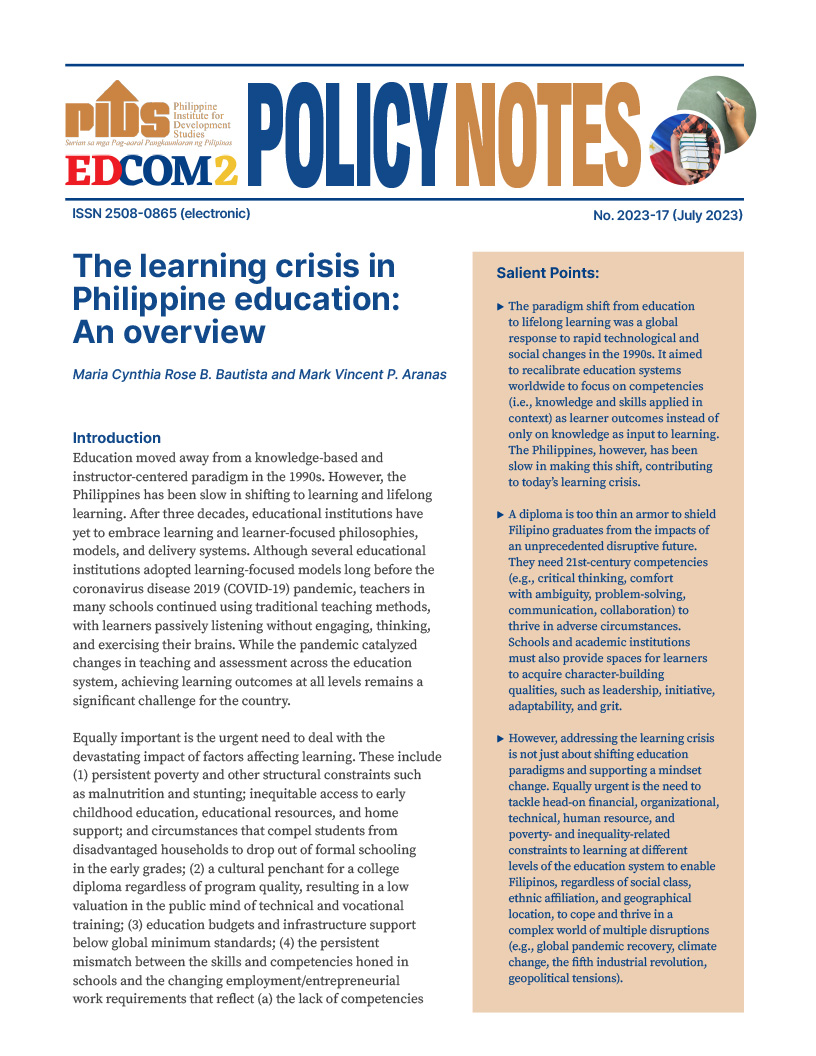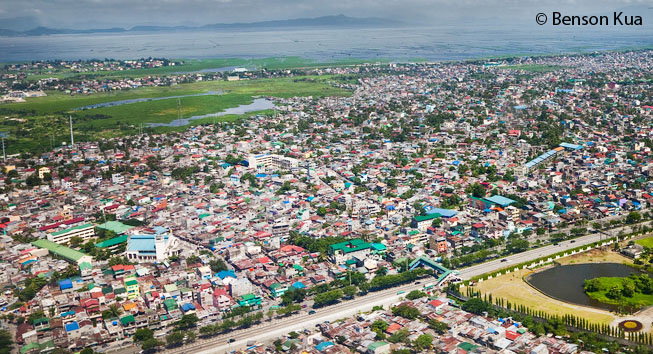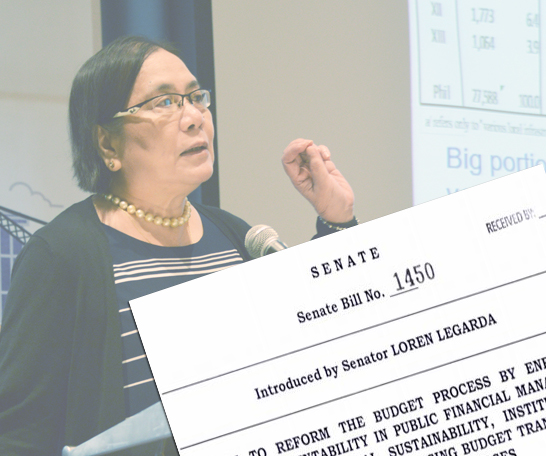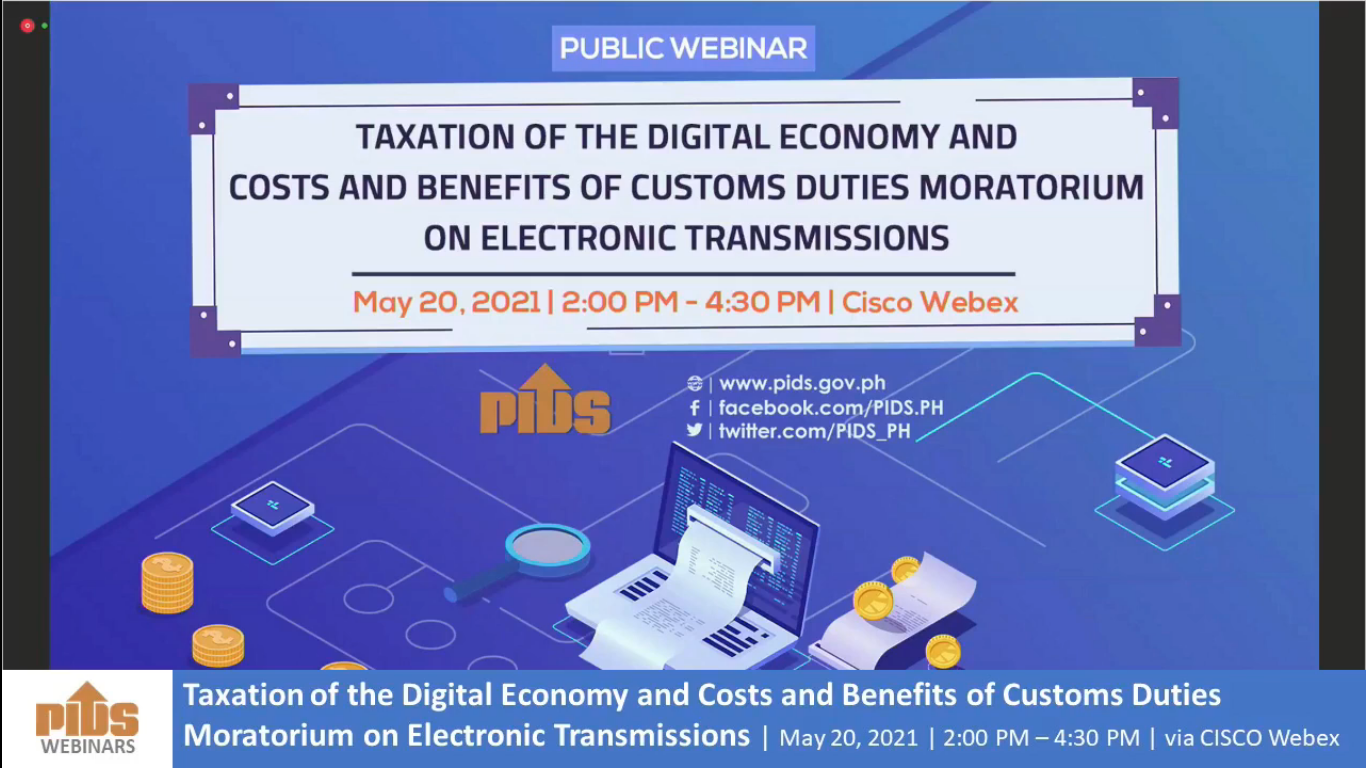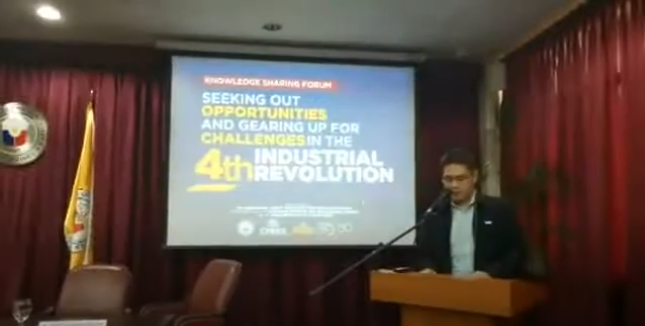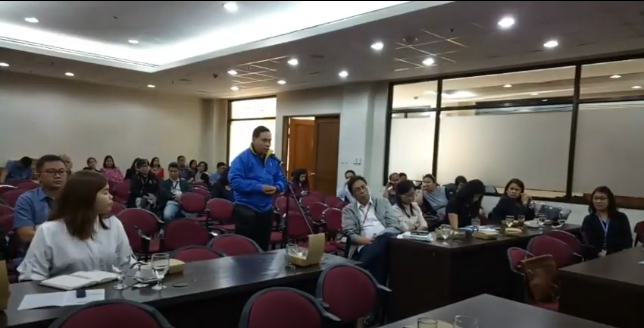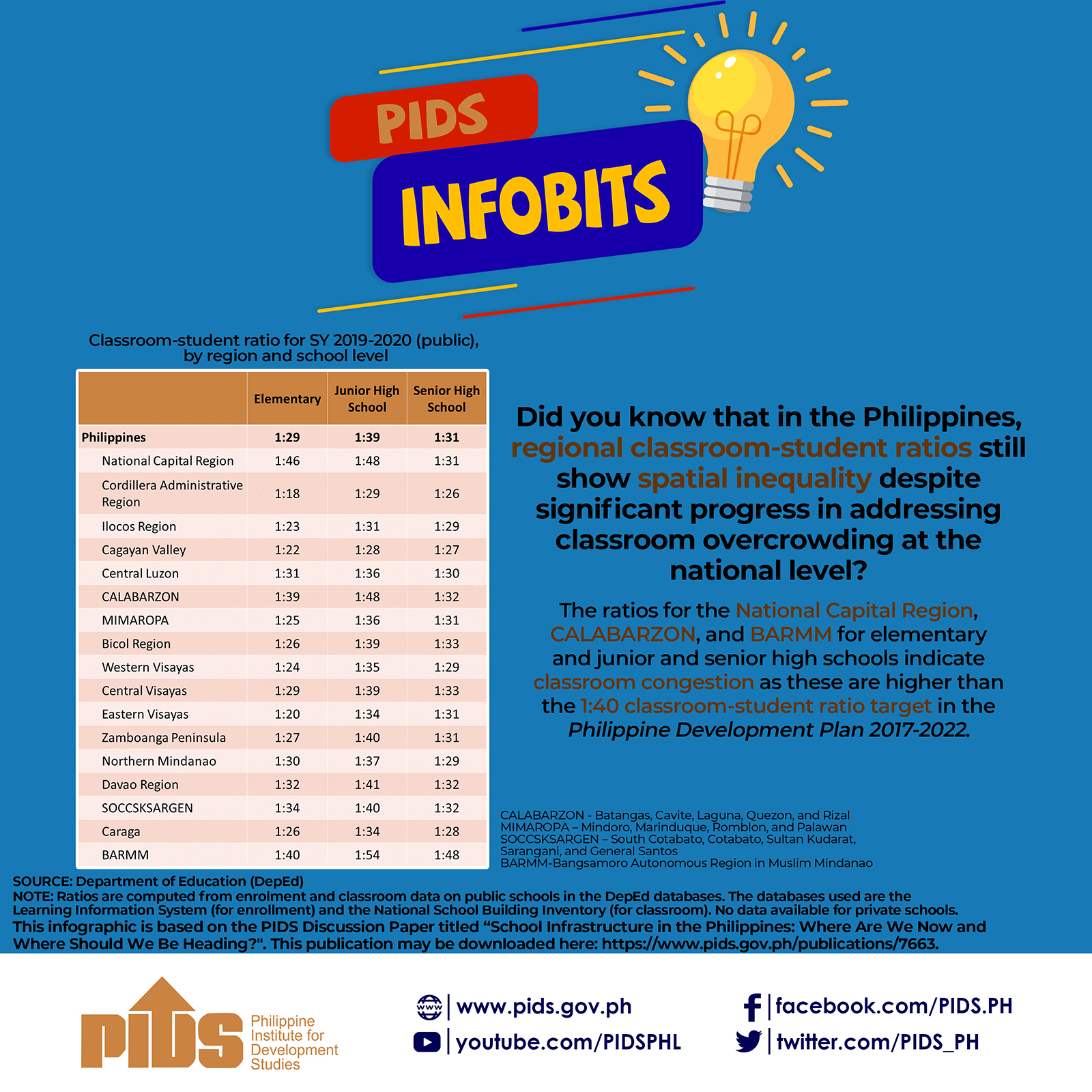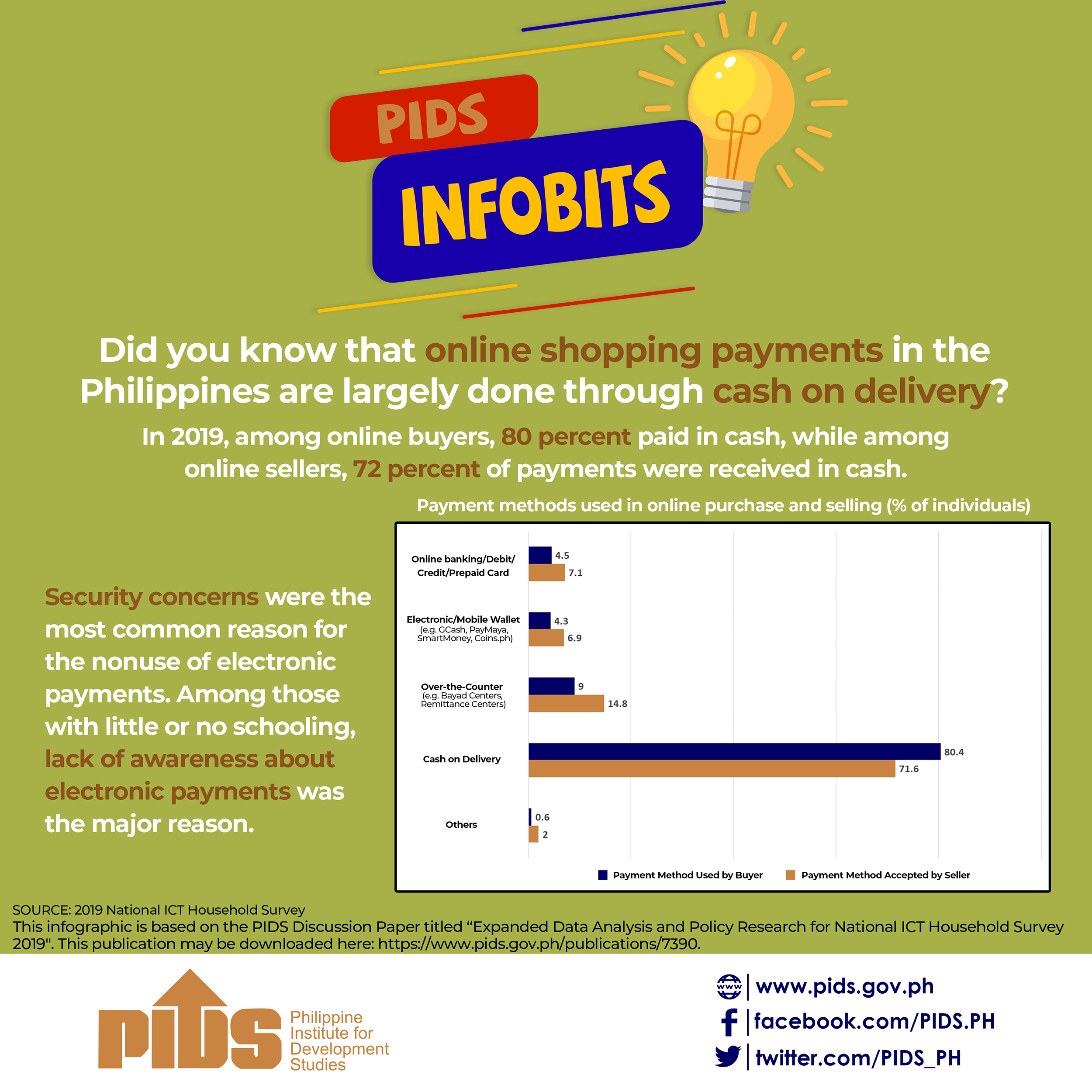Senator Manuel “Lito” Lapid has filed Senate Bill (SB) 1538 which seeks a moratorium on student loan payments during disaster and other emergencies such as the current Coronavirus Disease (COVID-19) pandemic.
Lapid explained that the interaction and relationship between disasters and poverty incidence is quite obvious in the case of the Philippines.
“The yearly occurrence of devastating typhoons had caused crippling setbacks to our farmers and fisherfolks.
Earthquakes crumbled the economic foundations built by families and businesses through blood, sweat and tears.
Volcanic eruptions literally turned to ashes cityscapes, industries and neighborhoods,” Lapid said in filing his bill.
He explained that the COVID-19 pandemic is just the recent iteration of this disaster-poverty nexus.
He cited a recent discussion paper published by the Philippine Institute for Development Studies (PIDS) that one of the projected economic impacts of the pandemic and the restrictions imposed to contain its spread is on employment – a potential 50 percent reduction in the country’s number of workers following the pandemic.
The paper also estimated that three in five Fiiipinos have limited capacity to subsist during a lockdown period that extends beyond one month, without additional support from the government.
On a macroeconomic level, it was projected that the Philippine economy stands to lose between P276.3 billion (best-case scenario) and P 2.5 trillion (worst-case scenario) due to COVID-19.
Lapid stressed that it is imperative that the government should extend as much economic assistance and protection as possible, especially to the poor who bear the risk of not being able to survive with continued work, economic activity and mobility restrictions.
He said that his bill aims to contribute to this social welfare mission.
“With most families left without stable sources of income and livelihood during major disaster and calamities, priorities for expenses are restrained to the most basic needs such as food, medicines and other daily needs. Non-essential expenses like those pertaining to education, tuition and other school fees may temporarily disregarded and set aside,” he explained.
Lapid said that to ease the burden to families who have incurred student loans and debts, SB 1538 provides for a moratorium on the enforcement of payment of all fees, charges, and costs relating to the student loan programs for Higher Education and Technical-Vocational Education and Training (TVET).
The moratorium covers the period from the declaration of a national and local State of Calamity or Emergency up to thirty days from the termination thereof.
In case this period exceeds a total of 60 days, the payment of the student loan and related fees is further deferred until the next semester or term. The enrollment or graduation eligibility of the student is likewise protected if the moratorium would be availed of.
Lapid said that if passed, the proposed law also mandates the retroactive application of the moratorium to students affected by the COVID-19 pandemic.
“Through this measure, the student loan liabilities are temporarily eased off from the minds of disaster-stricken families as they focus more on the more basic and essential daily expenses,” he pointed out.
Lapid explained that the interaction and relationship between disasters and poverty incidence is quite obvious in the case of the Philippines.
“The yearly occurrence of devastating typhoons had caused crippling setbacks to our farmers and fisherfolks.
Earthquakes crumbled the economic foundations built by families and businesses through blood, sweat and tears.
Volcanic eruptions literally turned to ashes cityscapes, industries and neighborhoods,” Lapid said in filing his bill.
He explained that the COVID-19 pandemic is just the recent iteration of this disaster-poverty nexus.
He cited a recent discussion paper published by the Philippine Institute for Development Studies (PIDS) that one of the projected economic impacts of the pandemic and the restrictions imposed to contain its spread is on employment – a potential 50 percent reduction in the country’s number of workers following the pandemic.
The paper also estimated that three in five Fiiipinos have limited capacity to subsist during a lockdown period that extends beyond one month, without additional support from the government.
On a macroeconomic level, it was projected that the Philippine economy stands to lose between P276.3 billion (best-case scenario) and P 2.5 trillion (worst-case scenario) due to COVID-19.
Lapid stressed that it is imperative that the government should extend as much economic assistance and protection as possible, especially to the poor who bear the risk of not being able to survive with continued work, economic activity and mobility restrictions.
He said that his bill aims to contribute to this social welfare mission.
“With most families left without stable sources of income and livelihood during major disaster and calamities, priorities for expenses are restrained to the most basic needs such as food, medicines and other daily needs. Non-essential expenses like those pertaining to education, tuition and other school fees may temporarily disregarded and set aside,” he explained.
Lapid said that to ease the burden to families who have incurred student loans and debts, SB 1538 provides for a moratorium on the enforcement of payment of all fees, charges, and costs relating to the student loan programs for Higher Education and Technical-Vocational Education and Training (TVET).
The moratorium covers the period from the declaration of a national and local State of Calamity or Emergency up to thirty days from the termination thereof.
In case this period exceeds a total of 60 days, the payment of the student loan and related fees is further deferred until the next semester or term. The enrollment or graduation eligibility of the student is likewise protected if the moratorium would be availed of.
Lapid said that if passed, the proposed law also mandates the retroactive application of the moratorium to students affected by the COVID-19 pandemic.
“Through this measure, the student loan liabilities are temporarily eased off from the minds of disaster-stricken families as they focus more on the more basic and essential daily expenses,” he pointed out.

